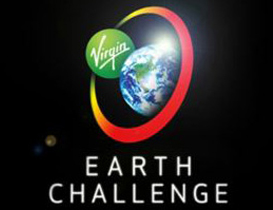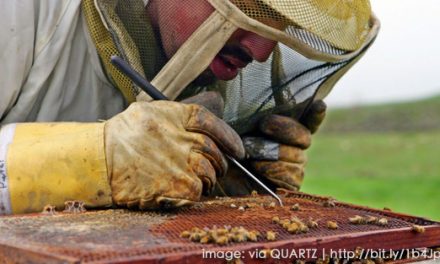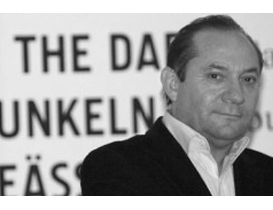The Virgin Earth Challenge is similar in concept to other high technology competitions, such as the Orteig Prize for flying across the Atlantic, and the Ansari X Prize for spaceflight. The prize will be awarded to the first scheme that is capable of removing one billion metric tons (= 1 gigaton) of carbon-equivalent (it is not clear on the Earth Challenge website whether this refers to carbon or CO2) from the atmosphere per year for 10 years (at present, fossil fuel emissions are around 6.3 gigatons of carbon). $5 million of the prize will be paid at the start of removal operations, with the remaining $20 million paid after the successful completion of the scheme at the end of the 10 year period.
The prize will initially only be open for five years, with ideas assessed by a panel of judges including Richard Branson, Al Gore and Crispin Tickell (British diplomat), as well as scientists James E. Hansen, James Lovelock and Tim Flannery. If the prize remains unclaimed at the end of five years the panel may elect to extend the period.
Around two hundred billion metric tons of carbon dioxide have accumulated in the atmosphere since the beginning of the industrial revolution, raising concentrations by more than 100 parts per million (ppm), from 280 to more than 380 ppm. The Virgin Earth Challenge is intended to inspire inventors to find ways of bringing that back down again to avoid the dangerous levels of global warming and sea level rise predicted by scientific organisations such as the Intergovernmental Panel on Climate Change.
“Entrants must submit a commercially viable design (the “Design”) to achieve the net removal of significant volumes of anthropogenic, atmospheric greenhouse gases each year for at least 10 years without countervailing harmful effects (the “Removal Target”). The removal achieved by the Design must have long term benefits (measured over say 1,000 years) and must contribute materially to the stability of the Earth’s climate.”
Among more than 2600 applications, 11 finalists were announced on November 2, 2011. These are Biochar Solutions, from the US; Biorecro, Sweden; Black Carbon, Denmark; Carbon Engineering, Canada; Climeworks, Switzerland; Coaway, US; Full Circle Biochar, US; Global Thermostat, US; Kilimanjaro Energy, US; Smartstones – Olivine Foundation, Netherlands, and The Savory Institute, US.
Source: Wikipedia / Virgin Earth Challenge
Image: Virgin Earth Challenge










